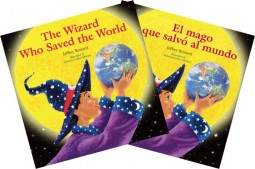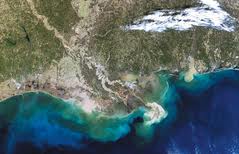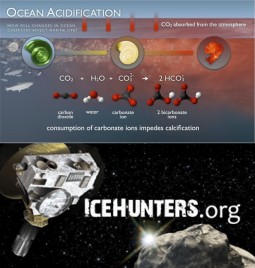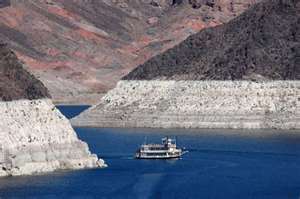
Leaky Natural Gas Wells (start time 6:22). We speak with Greg Frost, a scientist from the University of Colorado at Boulder and the National Oceanic and Atmospheric Administration (NOAA), about a new study, which is being published by the Journal of Geophysical Research. The study indicates that natural gas drilling creates higher amounts of methane leakage into the atmosphere than previous estimates had indicated. Methane is a potent greenhouse gas, and unless this problem of leakage is solved, there is concern that drilling for natural gas might cause higher levels of greenhouse gases in the atmosphere than burning coal. We also offer an extended version of this interview.

Recent Contributions of Glaciers and Ice Caps to Sea Level Rise (start time 14:25). Scientists at CU’s Institute of Arctic and Alpine Research now have used eight years worth of satellite data to a clearer picture of how climate change is impacting the cryosphere, or ice-covered parts of the planet. (See animations here.) Knowing how much ice has been lost during this time can help scientists understand how melting ice might contribute to sea level rise, both now and in the future. But there have been conflicting stories in the press about how the results should be interpreted. We talk with Tad Pfeffer, one of the study’s coauthors, to discuss what’s really happening to the Earth’s ice.
Hosts: Joel Parker & Breanna Draxler
Producer: Joel Parker
Engineers: Jim Pullen & Shelley Schlender
Additional contributions: Beth Bartel
Executive producer: Shelley Schlender
Listen to the show:
Podcast: Play in new window | Download (Duration: 23:48 — 21.8MB)
Subscribe: RSS

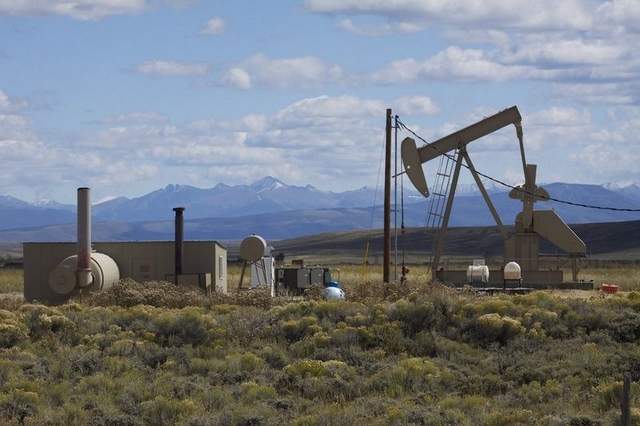



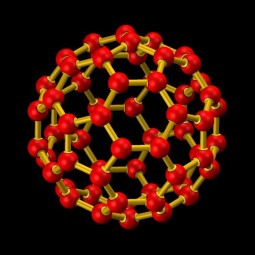


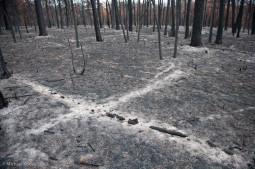

 In last month’s election, Boulder voters gave the go-ahead for the city to move forward on municipalizing the electrical utility. The chief motivation for that decision was to put more renewable energy on the grid. There are a large number of policy options to incentivize renewable energy – so many that it’s hard to keep them all straight.
In last month’s election, Boulder voters gave the go-ahead for the city to move forward on municipalizing the electrical utility. The chief motivation for that decision was to put more renewable energy on the grid. There are a large number of policy options to incentivize renewable energy – so many that it’s hard to keep them all straight.  Mountainous areas like the Rockies are hotspots for plant and animal biodiversity but as the climate warms many of these species – including Colorado’s iconic pica — are under threat. Much research has focused on the effects of temperature change, but less has focused on the interactions of temperature and precipitation in a changing climate. University of Colorado biologist
Mountainous areas like the Rockies are hotspots for plant and animal biodiversity but as the climate warms many of these species – including Colorado’s iconic pica — are under threat. Much research has focused on the effects of temperature change, but less has focused on the interactions of temperature and precipitation in a changing climate. University of Colorado biologist 
 One often hears people state “I’m not good at math” or that they don’t like math because it they don’t think it has any relevance to their day-to-day life (other than, maybe, to balance a checkbook). However, both of those myths are addressed head-on in a new book titled “
One often hears people state “I’m not good at math” or that they don’t like math because it they don’t think it has any relevance to their day-to-day life (other than, maybe, to balance a checkbook). However, both of those myths are addressed head-on in a new book titled “